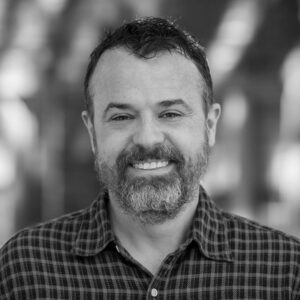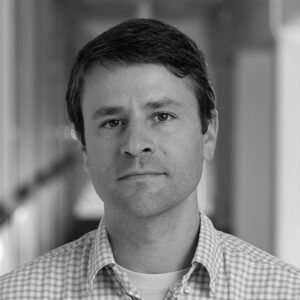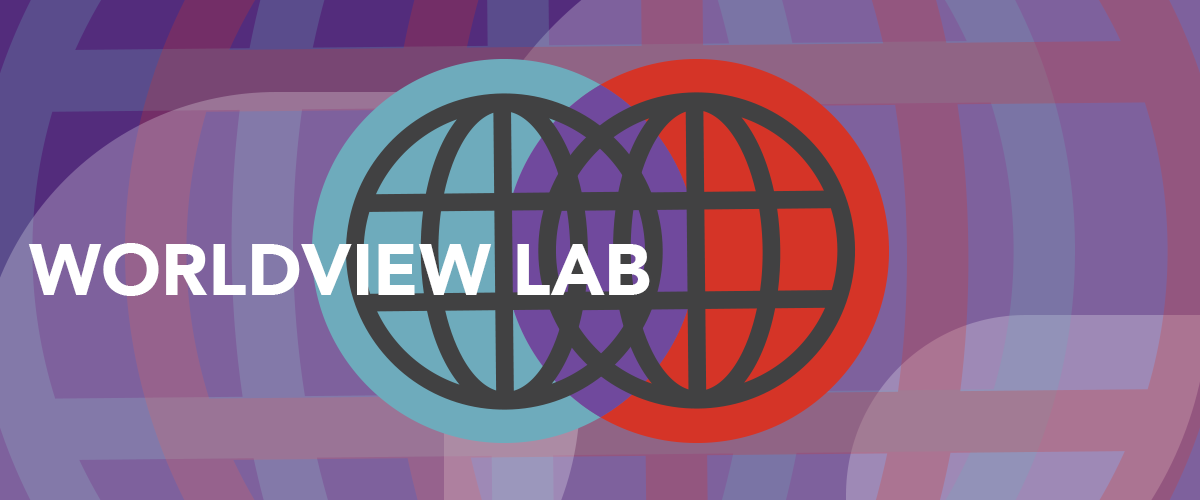The Worldview Lab is an interdisciplinary collaborative research group funded by the Kenan Institute for Ethics, directed by Stephen Vaisey (Professor of Sociology and Political Science and Senior Fellow at the Kenan Institute for Ethics) and Christopher Johnston (Associate Professor of Political Science). Its goal is to better understand diversity in values, goals, and worldviews both internationally and within contemporary American society.
The Worldview Lab brings together faculty, postdocs, graduate students, and undergraduates to work on shared empirical projects. Participants seek to understand how people differ in their judgments about politics and culture and in their conceptions of what makes a “good life.” Lab members aim to discover how these differences affect individuals and societies using methods such as surveys, experiments, in-depth interviewing, and computational methods. Lab activities include presenting works in process, discussing new research, and designing new research projects together. To visit the Worldview Lab’s website, follow this link.
Directors

Stephen Vaisey is a co-director of the Worldview Lab. The main goal of Professor Vaisey’s research is to understand moral and political beliefs: what they are, where they come from, and what they do. He leads the Measuring Morality project, the goal of which is to understand how different ideas of morality fit together and influence politics and other domains of life.
He also works quite a bit on statistical methods for observational data, including panel data, treatment effects analysis, and multilevel modeling. These days he has been thinking a lot about how to use simple patterns in repeated cross-section and panel data to help adjudicate between theories of social change and socialization.

Christopher Johnston is a co-director of the Worldview Lab. Professor Johnston teaches courses in public opinion, political behavior, and political methodology, with an emphasis on the application of psychological theory and methods to mass politics. His teaching and research examine the motivational underpinnings of political judgment and decision making. His research appears in a wide range of journals in political science, and he is co-author of The Ambivalent Partisan: How Critical Loyalty Promotes Democracy (2012, Oxford University Press), which won book of the year in mass politics from the International Society of Political Psychology, and book of the year in political psychology from the American Political Science Association. Professor Johnston is a member of the editorial board for Advances in Political Psychology.
Members
Below are links to research members of the lab who have published in peer-reviewed journals:
Turgut Keskintürk, “The Organization of Political Belief Networks: A Cross-Country Analysis”
Curtis Bram, “The Most Important Election of Our Lifetime: Focalism and Political Participation”
Christopher D. Johnston and Gabriel J. Madson, “Negativity Bias, Personality and Political Ideology”
Christopher Johnston and Trent Ollerenshaw, “How Different are Cultural and Economic Ideology?”
Joshua Doyle, “Institutionalized Collective Action and Environmental Beliefs and Behaviors”
M.B. Fallin Hunzaker and Lauren Valentino, “Mapping Cultural Schemas: From Theory to Method”
Location: All meetings are currently being held in the lab Tuesdays at 11AM. For an invitation to our meetings, or to present a paper, please contact Stephen Vaisey.
If you have questions about the Worldview Lab and/or would like to get involved, please contact Stephen Vaisey.










